Beaver County Transit Authority route changes leave residents critical of system
Bridgewater resident Terry Lee used to rely on Beaver County Transit Authority buses to travel to work in Pittsburgh, but a route cut changed that.
The 77-year-old, who uses a wheelchair, now has to go all the way to Rochester to catch a bus, which can be a challenge for him.
Lee's story is not unusual in Beaver County, where public transportation still plays a vital role in the lives of many residents who do not have access to their own vehicles, whether it be for financial reasons or due to a physical or mental disability.
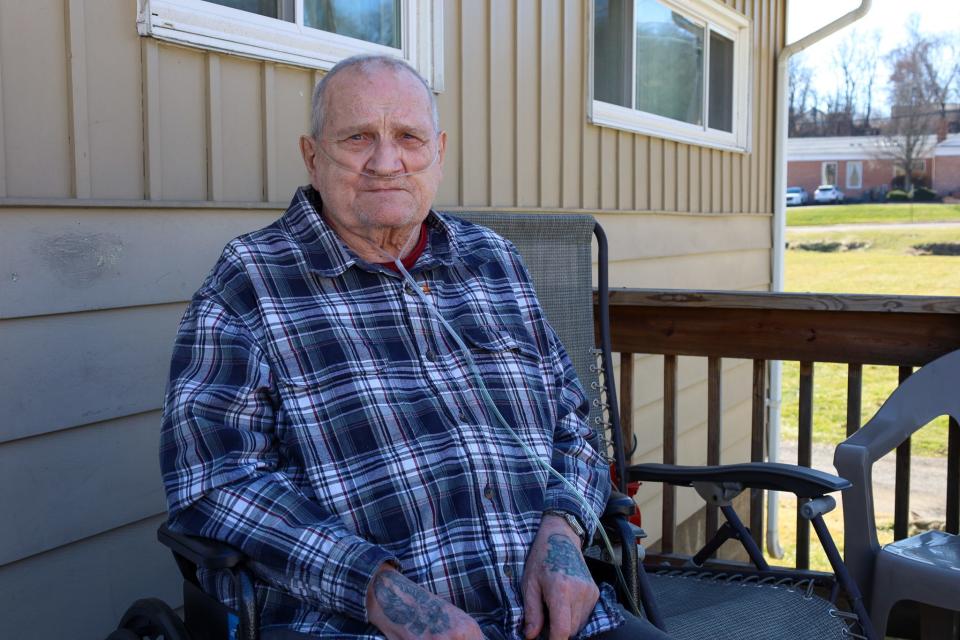
Lee worked as a cook at Lou Pappan's, a popular family restaurant chain in Beaver Falls that has since shut down. Initially, he relied on public transportation to commute to work. However, when the routes near his house stopped operating, he had to travel to Rochester. Crossing the Bridgewater Bridge, scaling a steep hill, and reaching the terminal by wheelchair to catch a bus were all difficult tasks for him.
The BCTA says it aims to provide its residents with a comprehensive bus system for activities such as getting to work, picking up groceries, visiting friends, or any other reason someone would travel. However, BCTA has been removing routes across the county and extending wait times at certain spots, upsetting residents who rely on those vehicles.
Last November, BCTA announced it would remove its Express Chippewa Wal-Mart Stop on Route 4 as its latest route change. Although this change was significant, it has been common for the authority to alter or eliminate a route.
One of BCTA's significant changes occurred in 2017 when it removed its fixed routes to Midland in 2017, causing a whole borough to become a transportation desert.
Midland route cut: Elimination of Midland bus route worries residents, council members
Mary Jo Morandini, BCTA general manager, said then that the decision to stop this route was based on business considerations, as the BCTA only receives 6 cents in fares from customers for every dollar the authority spends.
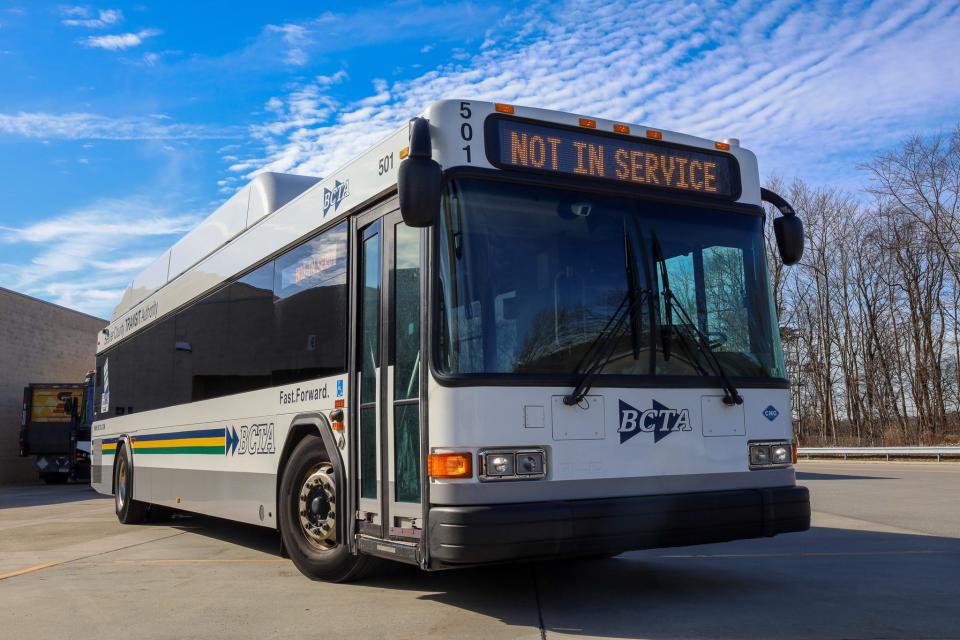
Morandini said the Midland service operated at a low productivity rate, representing less than 1 percent of the overall fixed route ridership with an average number of passengers between 1.48 and 1.82 per vehicle hour. This service was replaced with an additional DART service.
The authority offered at least six fixed routes in 2015; however, it currently provides four to Beaver residents, and none go through Monaca, Midland and Bridgewater, where Lee resides.
Recent route changes: Beaver County Transit Authority announces changes to routes beginning in September
Morandini said the Bridgewater transportation services were never introduced in the community. She added that the bus routes took the most direct route to reach the first stop in Rochester, right across from Bridgewater.
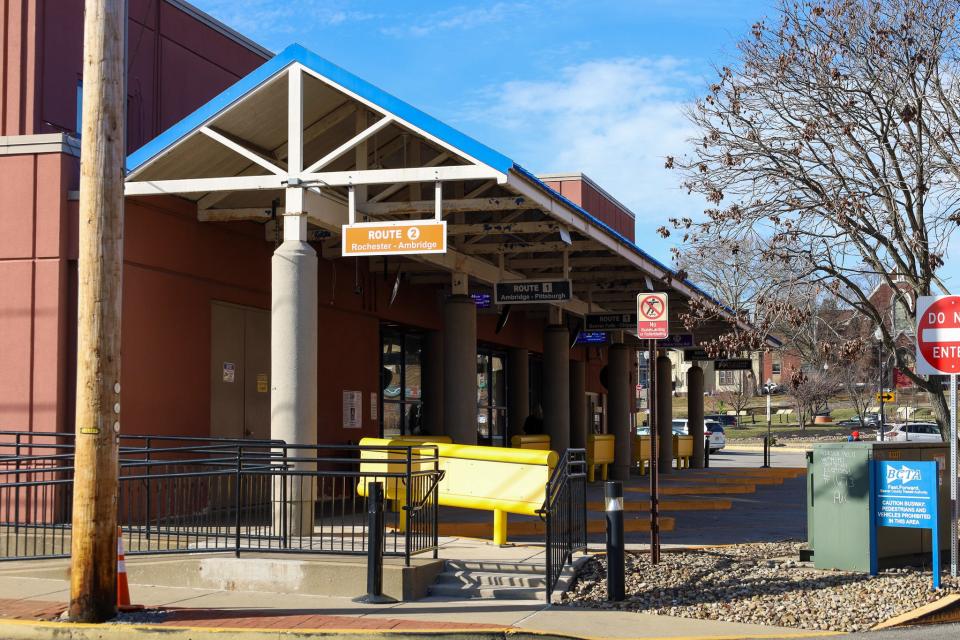
"There's a lot of people that live south of Beaver that don't have any transportation, handicapped people," Lee said. "The authority has numerous smaller buses that, if you're handicapped and through a Medicare program, you call them up, and they will come and get you, and they will take you to your destination."
Public transit agencies that provide fixed-route service are required to provide what is known as "complementary paratransit" to individuals whose disabilities prevent them from using the fixed-route service. However, several obstacles to qualifying for these paratransit services exist, such as sometimes rigorous enrollment processes and strict eligibility requirements. These requirements differ from transit authority to authority.
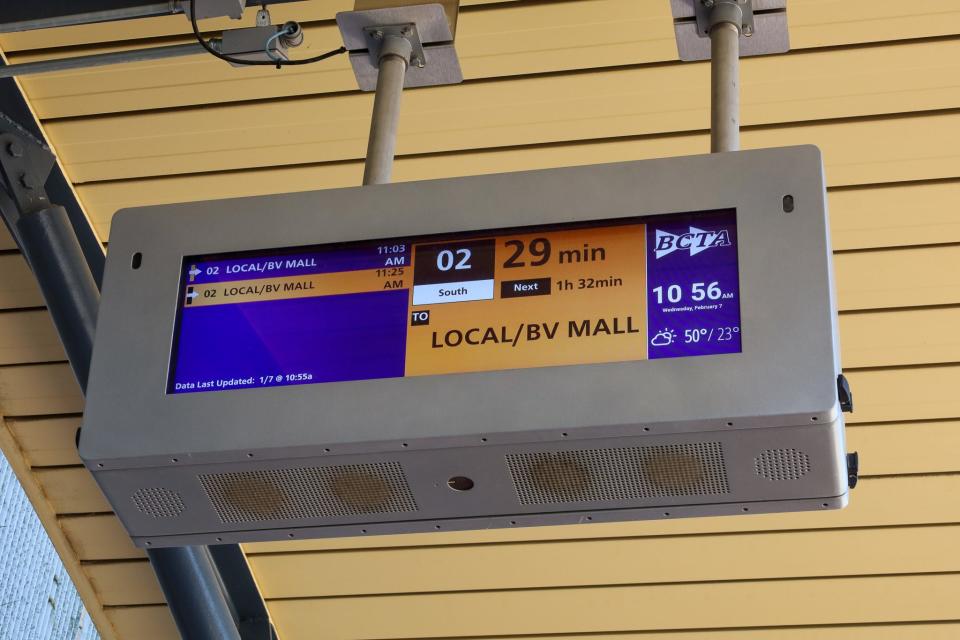
For BCTA, DART covers this ADA requirement. It created the Demand and Response Transit program in 1983 to help create a county-wide shared-ride public transportation system and help those not on fixed bus routes with medical needs. Applications are individually reviewed and evaluated, and, if approved, trips must be reserved between one and 14 days ahead of the scheduled transport.
Lee shared that he previously relied on the DART program to assist him in scheduling his doctor appointments. However, due to the uncertainty of some of his medical tests, it became tough for him to schedule the exact pick-up time. This resulted in him missing his DART vehicle pick-up times on a few occasions. Additionally, Lee mentioned that one of the DART drivers picked him up from an appointment three hours later than planned.
"I quit using it because when I go to a doctor's office, I had no idea when I was going to be getting out to make a return home, so when you have to make two appointments and be pretty close to where the return trip to your home will be, it becomes impossible," he said.
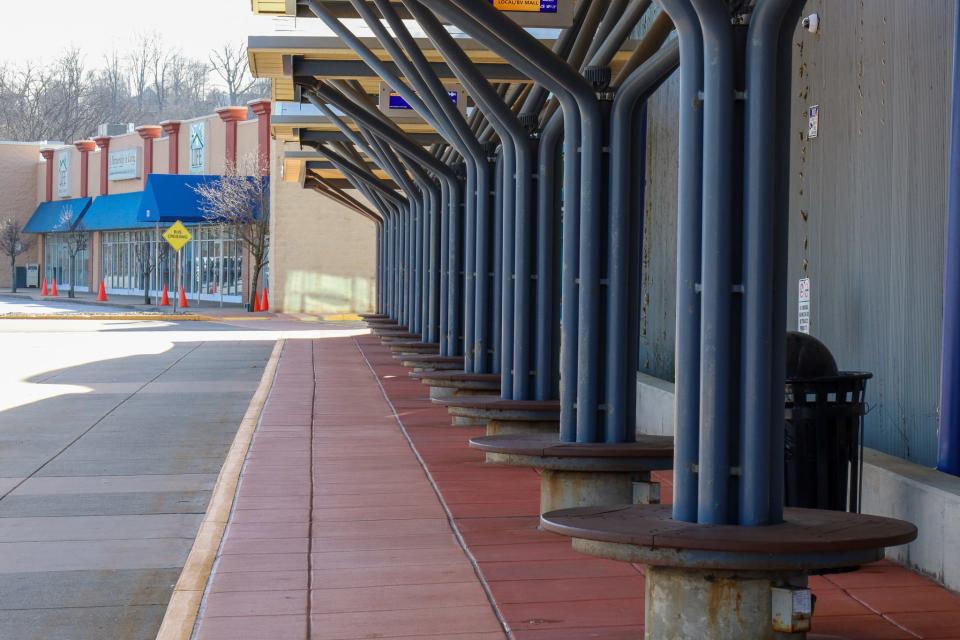
Thanks to his ill experience with DART and no fixed bus route near him, Lee has to rely on his family members to drive him and pick him up for his doctor appointments. Lee expressed how he told BCTA officials dozens of times in the past about his frustrations, but he said they ignored him when he asked them to fix the issues.
"I have spoken to the higher-ups and even wrote two letters to the company expressing my disappointment that the bus never runs the Bridgewater route as they had done for years. No reply to any of my efforts. They just don't care about the elderly and impaired for ridership anymore."
When questioned about Lee's concerns, Morandini said the DART service is an advanced reservation system with a 15-minute window on either side of the trip. This is necessitated by the fact that the vehicle is shared with other passengers with different destinations.
Though there are financial benefits for BCTA and taxpayers with the cutting of routes, there is a tangible impact on the community that relies on these forms of public transport. Smaller solutions to issues raised include tracking for DART services so that residents know exactly when to expect their ride, as well as listening to feedback from communities when the idea of cutting routes is raised.
"Any kind of request falls on deaf ears," said Lee. "When you voice your disappointment to their office, they act like it's not an important thing."
This article originally appeared on Beaver County Times: BCTA route changes leave some residents critical of system

